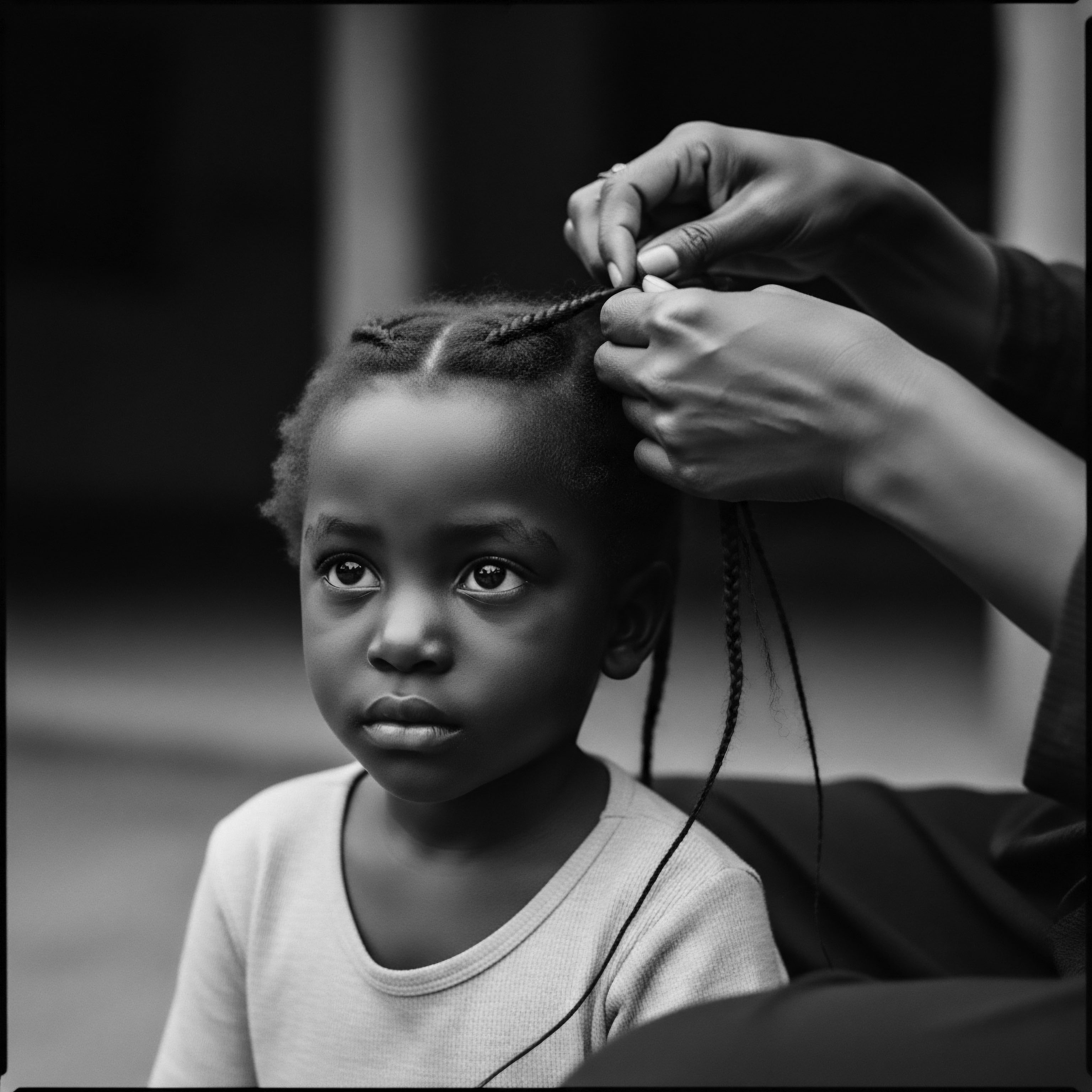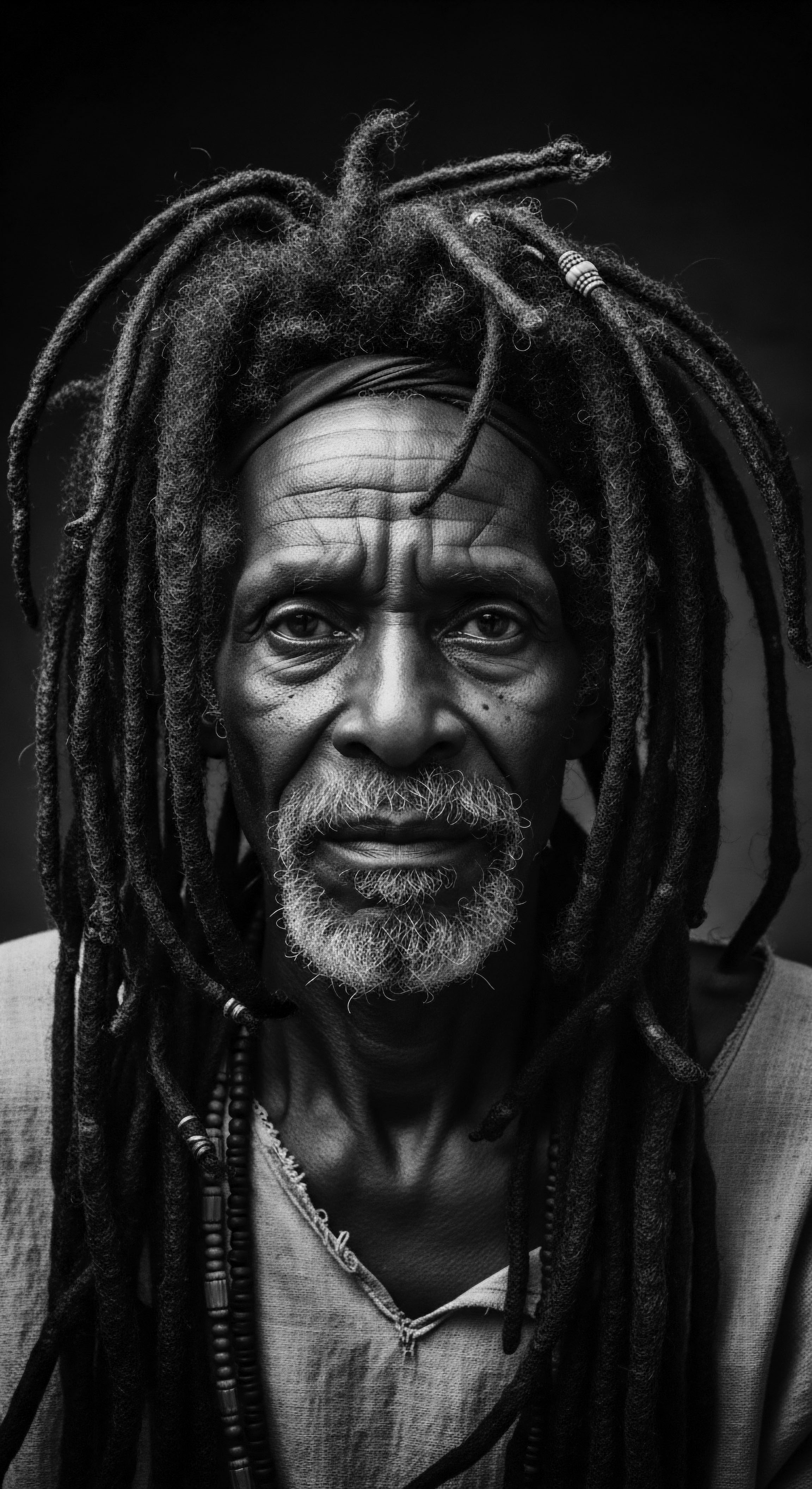
What Minerals in Ghassoul Clay Benefit Textured Strands?
Ghassoul clay’s minerals gently cleanse and fortify textured strands, affirming a rich heritage of natural hair care wisdom.
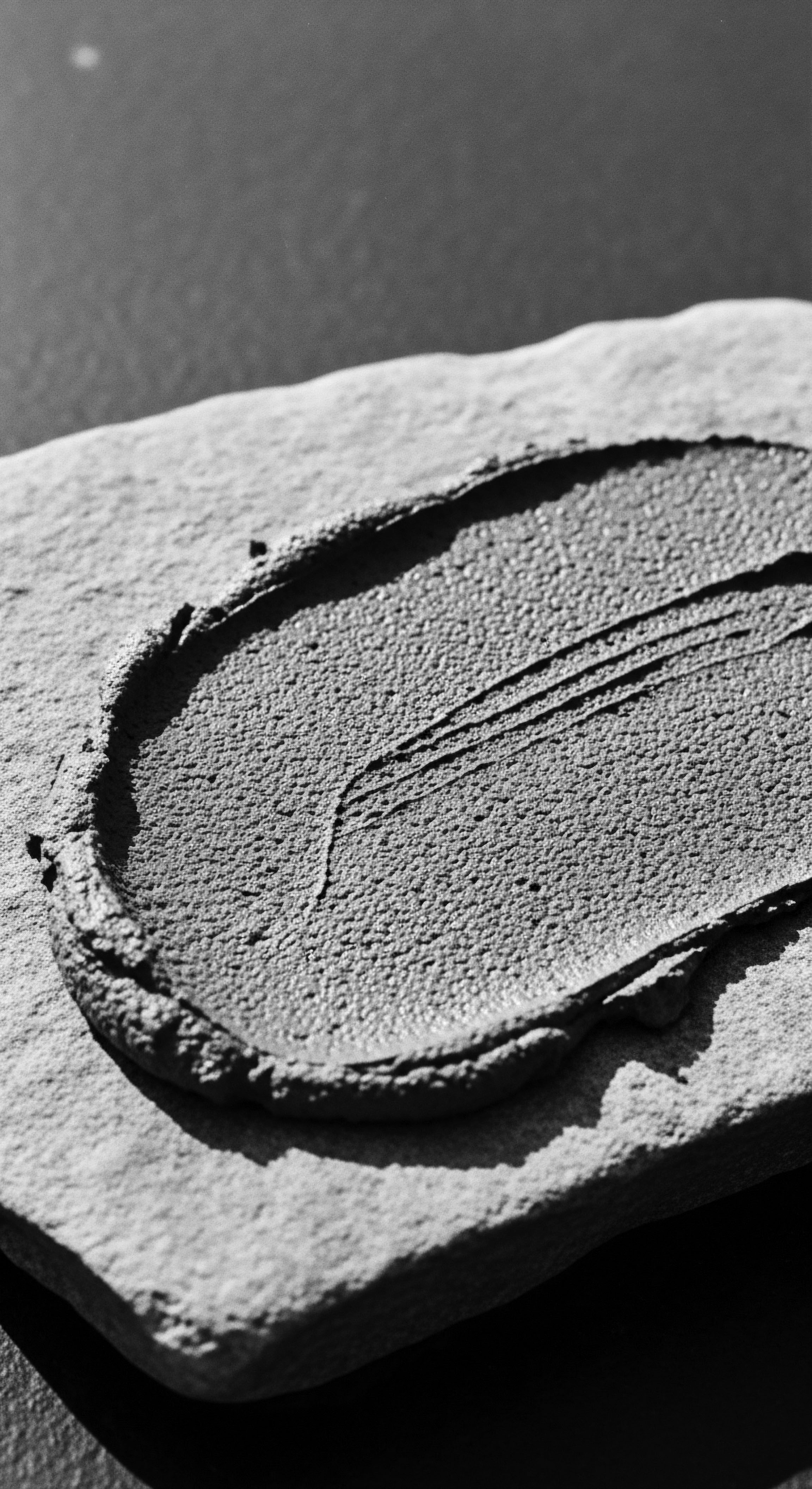
What Ancient Cultural Rituals Supported Textured Scalp Health through Heritage?
Ancient cultural rituals supported textured scalp health by integrating natural ingredients and protective styles within spiritual and communal heritage practices.
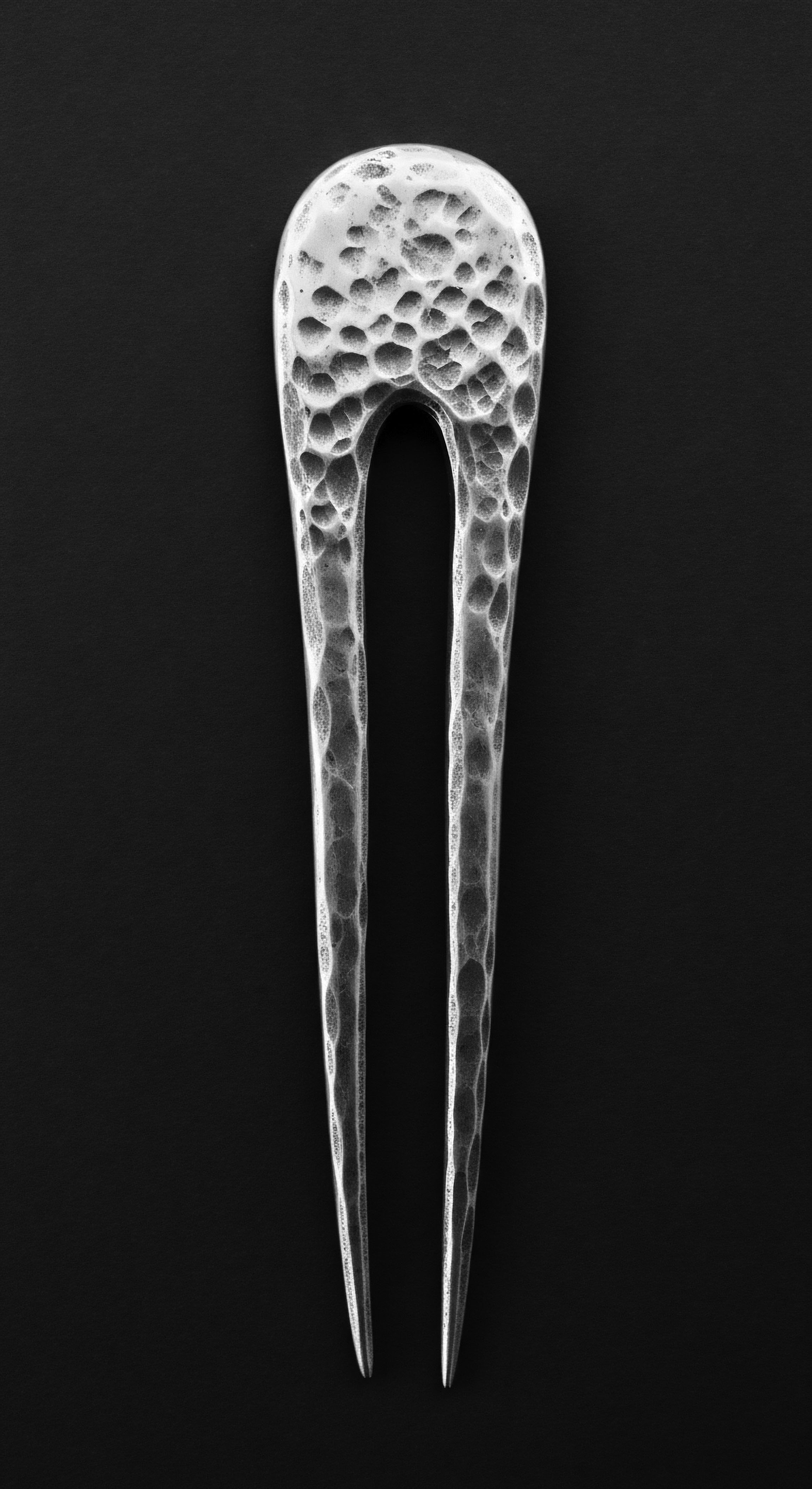
Which Traditional Oils Soothe Dry Textured Scalps?
Traditional oils like shea butter, coconut, and castor oil, steeped in rich heritage, deeply hydrate dry textured scalps.
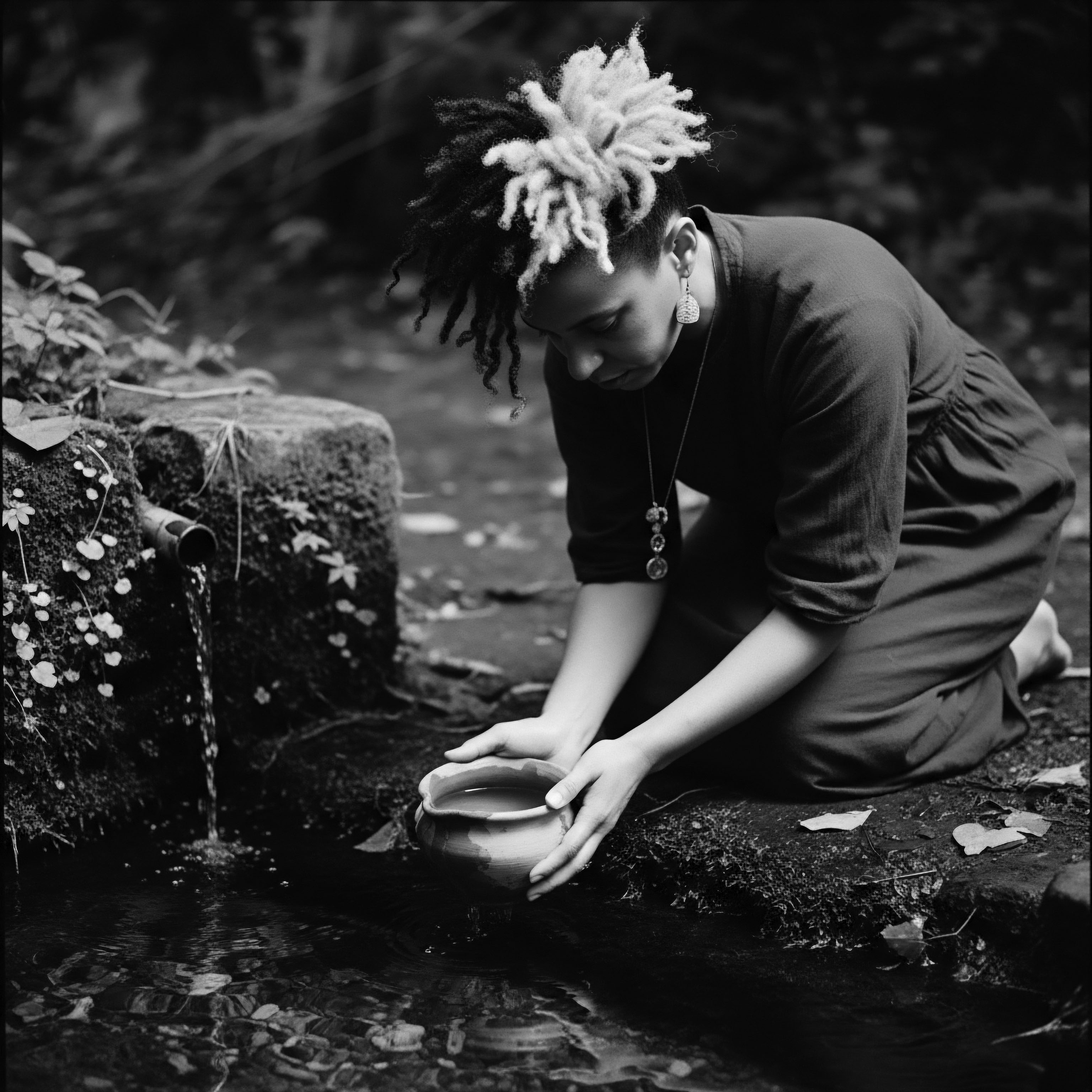
Which Traditional Plant Oils Support Scalp Wellness in Black Heritage Practices?
Traditional plant oils, rooted in Black heritage, nourish and protect the scalp, mirroring ancestral wisdom with contemporary scientific findings.

